Non-Statutory Curriculum Planning Guide Page 4
ADVERTISEMENT
Non-Statutory Guidance 2012
Section 1 - Curriculum Planning
d. meeting visitors from local Christian and other religious communities
who can share a child’s view of growing up in a religion
e. making visits to churches, and other places of worship where possible,
to meet people, hear stories and look at artefacts
f. gaining an understanding of being part of a larger community by taking
part in school events and celebrations
g. participating in moments of quiet reflection and stillness.
The following activities are provided as guidance for Nursery teachers to
support RE and promote children’s spiritual, moral, social and cultural
(SMSC) development. Each area of learning has a range of activities to
enable children to learn about and from religion and religions ie. the two aims
of the agreed syllabus. The activities are transferable to other areas and
teachers should use this guidance flexibly and creatively plan learning which
meets their own children's needs. Examples can and should be drawn from
more than one religion.
When teachers report on children's progress to parents they should include
RE but no formal assessment is required in the Foundation Stage. Teachers
might find it useful to refer to the ‘Pre’ (P) levels identified in Section 3 of
the syllabus.
Good RE and SMSC in the Foundation Stage will:
begin with children’s own experiences and build on them
develop children’s self-esteem and confidence
affirm all children’s religious and cultural backgrounds
develop respect and sensitivity towards others and their beliefs and
traditions
include opportunities for talking about right and wrong and the effects
of words and actions on others
provide a wide range of learning experiences, including visits and visitors
give children opportunities for oral work and asking questions
involve active learning and play
use story, not just to read but to talk about and to explore feelings,
thoughts, situations and responses
use the creative and expressive arts to enable children to explore
feelings, thoughts, ideas and concepts
provide opportunities for silence and reflection
4
Section 1
ADVERTISEMENT
0 votes
Related Articles
Related forms
Related Categories
Parent category: Business
 1
1 2
2 3
3 4
4 5
5 6
6 7
7 8
8 9
9 10
10 11
11 12
12 13
13 14
14 15
15 16
16 17
17 18
18 19
19 20
20 21
21 22
22 23
23 24
24 25
25 26
26 27
27 28
28 29
29 30
30 31
31 32
32 33
33 34
34 35
35 36
36 37
37 38
38 39
39 40
40 41
41 42
42 43
43 44
44 45
45 46
46 47
47 48
48 49
49 50
50 51
51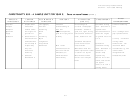 52
52 53
53 54
54 55
55 56
56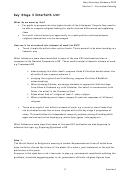 57
57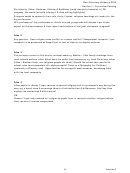 58
58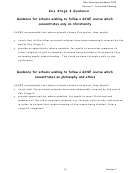 59
59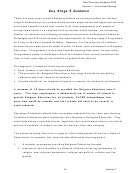 60
60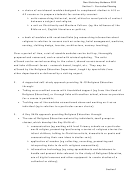 61
61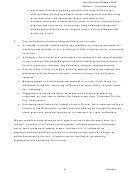 62
62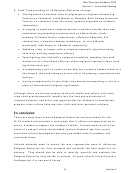 63
63








